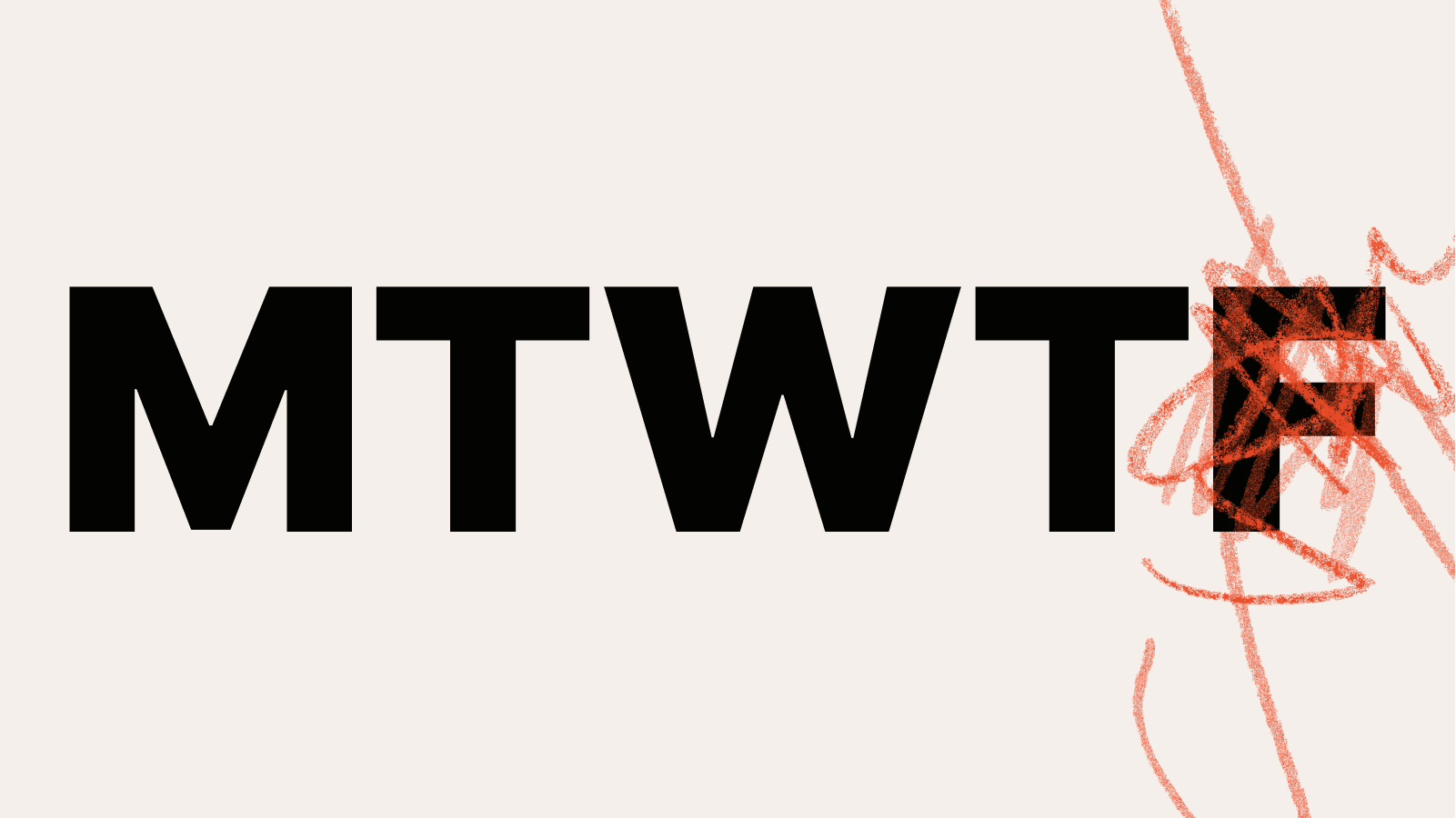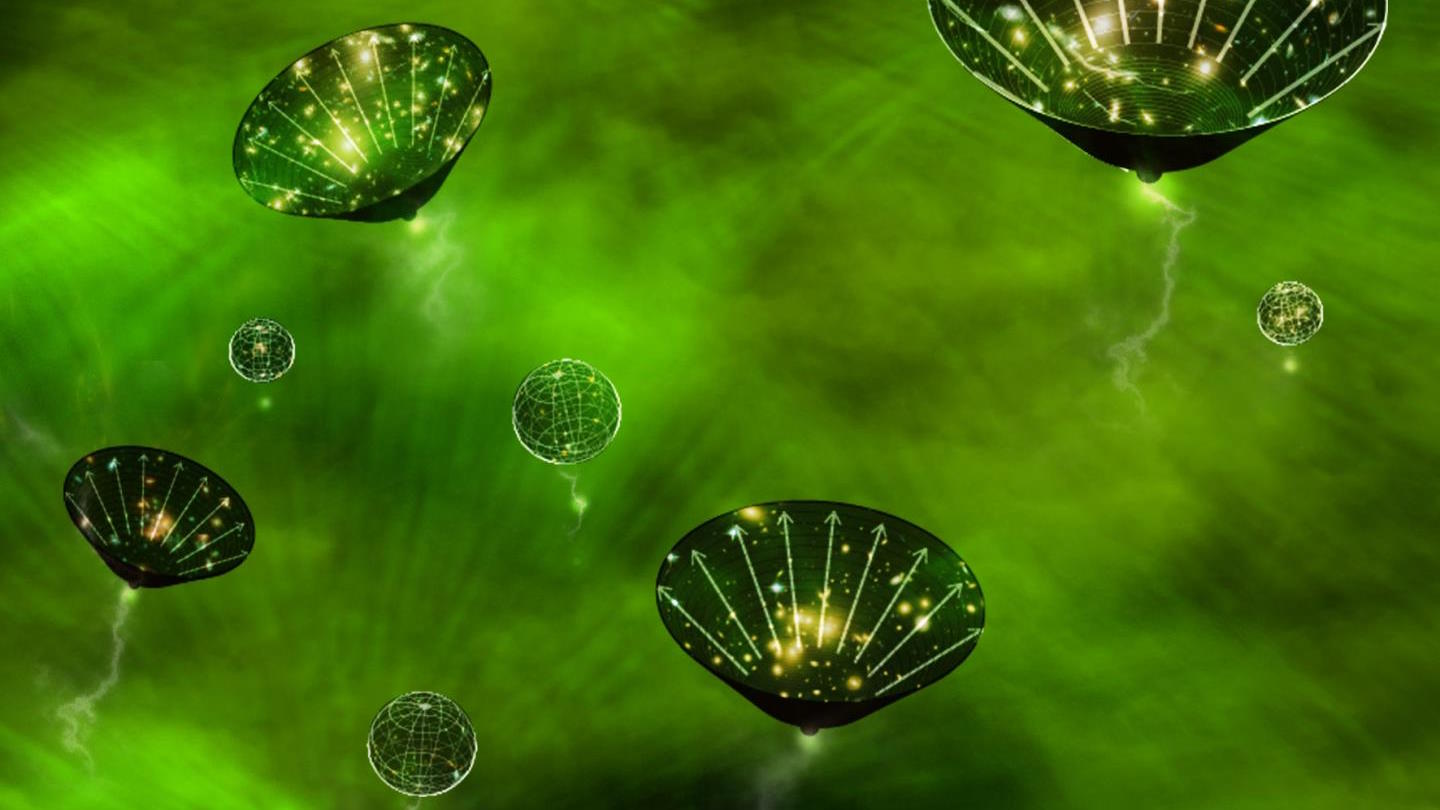Jack Hidary argues that bonuses should be structured to incentivize innovation, rather than just fulfilling day-to-day activities.
Jack Hidary: How do you translate then the visioneering and the excitement of these workshops into day-to-day results? How do you make these kinds of workshops not just something exciting that boosts morale for a few days, but translates to real breakthroughs for your company?
We know that we get what we bonus. We get what we measure. In companies, we obtain what we incentivize. Today too often bonus structures and incentive structures focus really only on these kinds of things like revenue and profit. Those are good things, definitely, to incentivize. The question is, if you don't incentivize and bonus innovation, if you don't have a bonus structure for new kinds of ideas and new pathways, will you ever get it? Probably not.
What I would encourage you, the CEO, the founder, the entrepreneur, the next time you ask yourself, "Why don't we have more innovation at the company?" you may want to look at that bonus structure, and say, "Are we just bonusing the day-to-day kinds of activities? Yes. Let's keep some of that. But maybe, instead of that being 100 percent of the bonus structure, let's make that 80 percent or 70 percent, and let's keep 20 or 30 percent for a new kind of bonus, a bonus that recognizes breakthrough new pathways for the company, experiments . . . “ Some experiments might fail, some might succeed. That's okay, but if you can bonus that you will get results that are far beyond anyone's imagination.
Directed / Produced by
Jonathan Fowler & Elizabeth Rodd





